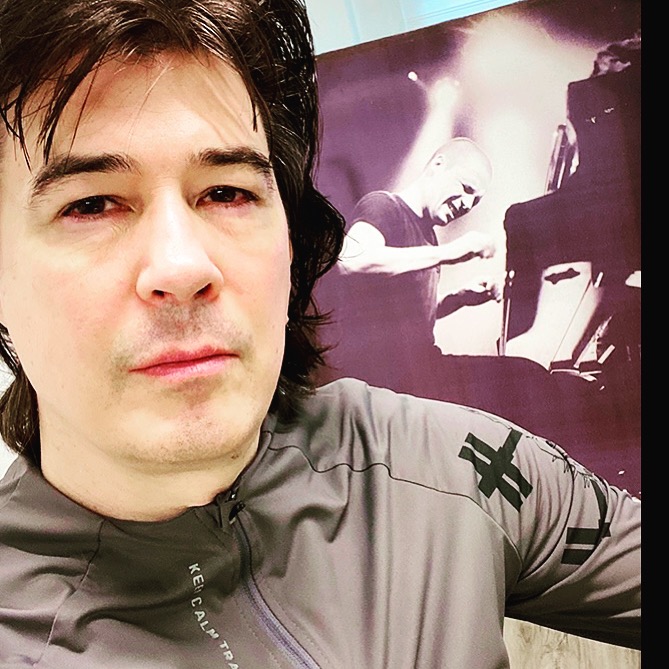Your Brand’s Future lies in Your Customer’s Past
- Holger 侯嘉 Metzger

- Sep 25, 2022
- 3 min read
Updated: Nov 14, 2022
What does a mother’s own teenage dating experience have to do with the IMF brand she selects for her baby today? What do her former life aspirations when studying for the university entrance exam 20 years ago have to do with a specific sports brand preference as she runs into her 40s right now?
The answer is: the formation of her Emotional Tensions and Motivations that drive all her perceptions, lifestyle and choices today.
“Hold on,” you say, “who cares about people’s past? I need to know what she’s thinking right now, what she wants tomorrow!”
That’s the point: her current Sense of Self. Which is inextricably linked to everything that came before—in fact what came before is infinitely more influential on her perceptions and choices today than anything else.
The mother may have forgotten most about her fleeting teenage romance, but the experience shaped the role she desires to play as a mother now, and the middle-aged runner's life plan has definitely changed in the past two decades, but her emotions as she prepared for adult life impact the way she sees and judges life today.
Our past is the ‘Code of Formation’ of our present Self: the DNA of what we feel, how we see and judge things, what we choose.
For brands, the implication is clear:
You continue to focus on product benefits, price and (what you think and define as) are your brand’s competitive advantages, and you establish NO connection with the consumer whatsoever.
To put it simpy: that way, you lose.
And that's how many foreign brands in China have rapidly been losing market share in the last few years, and will continue to do so - and that's how brands are losing brand equity in other markets.
Because then you are little more than a commodity to the consumer, which is your death knell: for the consumer, both “cultural” and “national” narrative layers take over.
Or, you address what matters most to people: the “personal narrative” layer, addressing the Sense of Self, a layer infinitely more important to the individual than even the cultural and certainly the national layer.
But you can only do so by tapping into the target audience’s formative tensions, critical elements of her past journey up to her present Sense of Self.
Narrative Psychology is an extremely valuable tool for insights and branding specialists to understand what’s going on in the customer’s mind, and to even impact what she’s going to do tomorrow—because you will understand what sort of brand communication is going to achieve that.
Because the target consumer’s Sense of Self, her personal narrative which contains her myths and stories as they developed along the journey to where she is today, also harbors her ‘Personal Truth’.
It's that Personal Truth we should be after as insights, communication and brand experience professionals.
It's a narrative connection to that truth that a brand must infuse into its own brand narrative.
Narrative Psychology, properly applied, helps uncover entirely new and powerful customer motivation and experience angles, it helps a brand to impact target audiences’ perceptions and cognitive frames.
In a difficult and politically hostile market like China today it’s the only way for a non-Chinese brand to succeed, and it is the only way for any brand in any market to grow and maintain long-term equity, appeal and profitability: by establishing an emotionally strong, personally relevant and therefore 'narratively waterproof’ connection with target audiences.



Comments